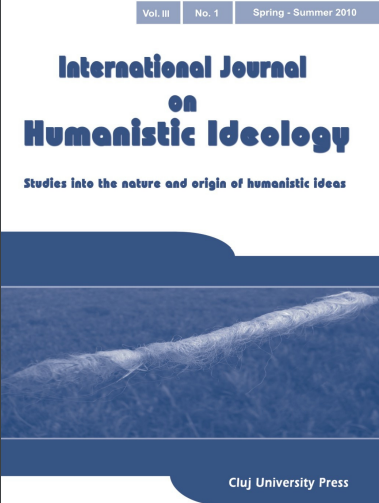Affective Intuition and Rule Deployment: The Dénouement of Moral Judgment
Affective Intuition and Rule Deployment: The Dénouement of Moral Judgment
Author(s): Sharmistha DharSubject(s): Philosophy
Published by: Presa Universitara Clujeana
Keywords: moral judgment; moral dilemma; moral dumbfounding; moral intuition; moral rule
Summary/Abstract: What faculty of our mind is best suited to endow us with all that is required to carry forth our moral enterprise? In other words, what are the cognitive resources that subserve the moral mind? This is a core empirical question, raised much to the delight of the investigative inquisitiveness of the moral psychologists. But the philosophical connection to this problem can be traced back to as far in time as that of Plato the main tenet of whose tripartite theory of soul was that the rational element of the soul is like the charioteer who holds sway over his two horses – the manageable one, i.e. the spirited element and the unwieldy one, i.e. the vegetative, emotionally unruly element of the soul. And the era of reason-emotion debate begins, percolating into the field of moral beliefs that we inculcate and judgments that we pronounce. The mainstay of this short paper is a comparative analysis of two recently emerging theoretical frameworks claimed to be underlying moral judgments – one espoused by moral psychologist Jonathan Haidt claims that moral judgment is primarily elicited unconsciously by affect-driven intuition and the other put forward by philosopher Shaun Nichols attempts to highlight the conscious deliberation about moral rules. After critical analysis of both the views, this work suggests that a syncretic approach to the aetiological theorization about moral judgment may provide some silver lining.
Journal: International Journal on Humanistic Ideology
- Issue Year: III/2010
- Issue No: 01
- Page Range: 141-152
- Page Count: 11
- Language: English

